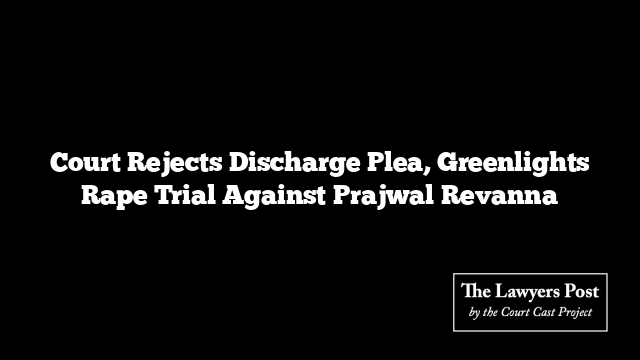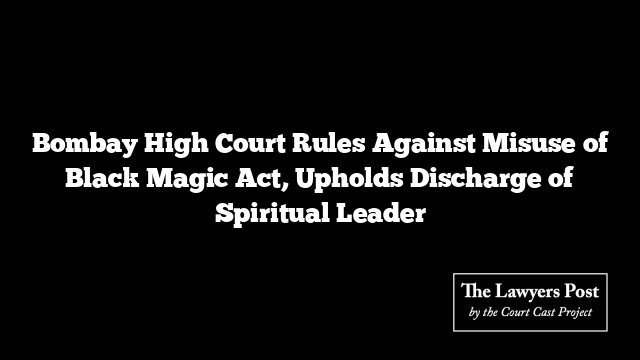A Bengaluru court has paved the way for trial proceedings against Prajwal Revanna, suspending his attempt to walk away from severe allegations that have rocked Karnataka’s political landscape. The court not only refused to close the rape case filed against him but formally framed a slew of grave charges.
Revanna, a former Janata Dal (Secular) MP, is now staring at a full-fledged criminal trial. The allegations? Repeated rape of a domestic worker at his family’s farmhouse, threats, and distribution of intimate videos—acts that reportedly began during the COVID lockdown in 2021 and only came to light after hundreds of explicit videos began circulating online.
The trial court, presided over by Additional Sessions Judge Santhosh Gajanan Bhat, found enough material to move forward under multiple sections of the Indian Penal Code, including:
- 376(2)(k) and 376(2)(n) – Rape by someone in a position of control, and repeated rape
- 354A, 354B, 354C – Outraging modesty, disrobing, voyeurism
- 506 – Criminal intimidation
- 201 – Destruction of evidence
Additionally, Revanna faces a charge under Section 66E of the IT Act for circulating private images without consent.
The complaint, filed after leaked videos surfaced online, alleges that Revanna used the recordings to silence the survivor. Reports indicate that over 2,900 such clips involving multiple women were eventually found circulating on social media platforms, triggering massive public outrage.
Following the political fallout, Revanna fled to Germany soon after the 2024 general elections but was arrested upon return and has remained in custody since May 31, 2024. The SIT submitted its chargesheet in August 2024, detailing volumes of evidence, including forensic analysis of the videos.
In his defense, Revanna had filed a discharge application, calling the accusations fabricated and questioning the years-long delay in the complaint. His legal team also contested the SIT’s authority to file a chargesheet, arguing it wasn’t a recognized police station under law.
The court dismissed all of it.
The judge reasoned that the SIT, formed under the CID, holds investigative legitimacy—backed by a January 2024 government notification that deemed CID units as equivalent to police stations for such purposes.
On the survivor’s credibility, the court offered a sharp reflection on societal pressures, stating:
“It is to be presumed in ordinary prudence that no woman would come before the court to make a statement about her own chastity, which is considered to be more important than being alive in Indian traditional society.”
With the next hearing scheduled for April 9, the case now enters its most critical phase—trial.





